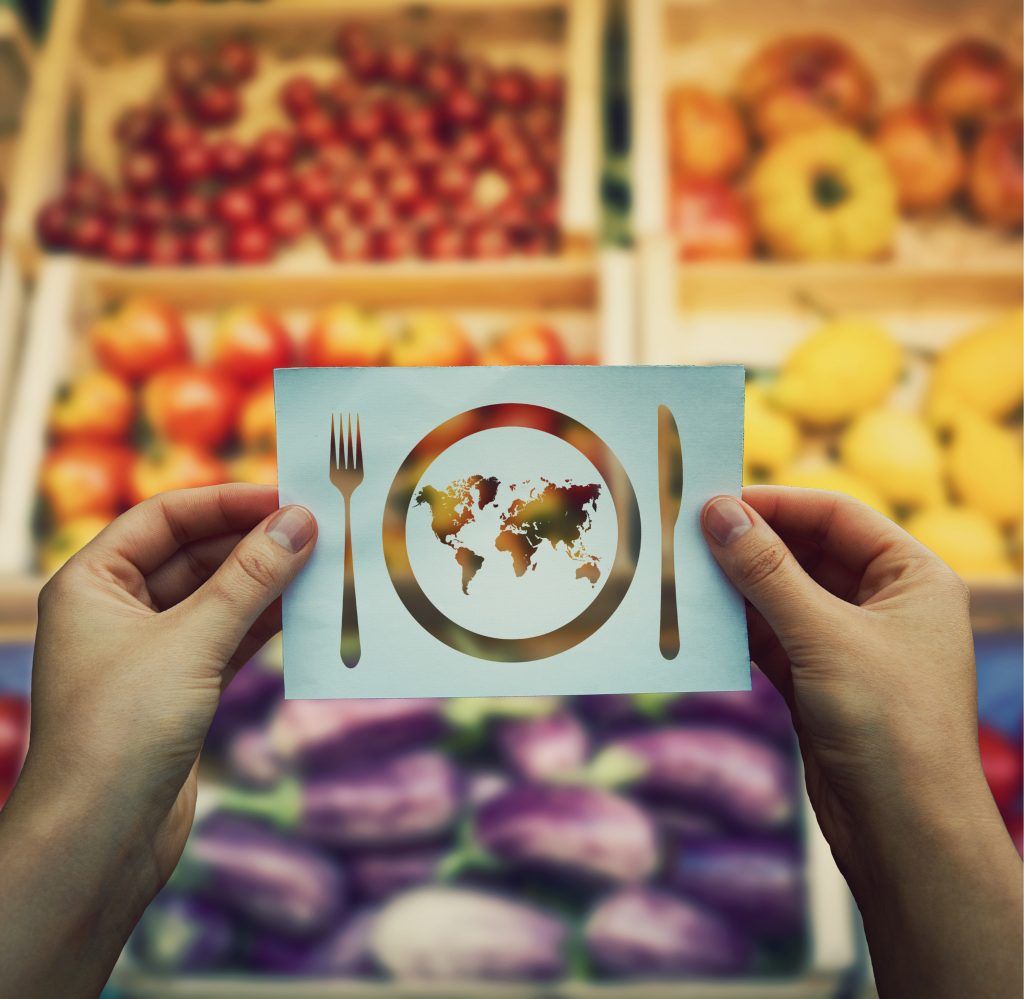Why B, A, A became the new A,B,C
What kind of eater are you today? A meat-lover or hater? A conscious veggie, a junk foodie, a raw dieter, a ‘whatever’? We may believe in food restrictions or just let ourselves go when it comes to nutrition but we all have a common issue: it is not physically possible for a human body to consume the amount of actual food that would provide us with sufficient levels of each and every vital nutrition element including vitamins, minerals, oils, and acids. So concentration is key. Meet BAA’s (Bio-Active Additives), the world’s most effective means to support our life processes.

A BAA can be vegetative, animal or mineral derived, chemically or biologically synthetized, and classified as a nutriceutical, a para pharmaceutical or an eubiotical additive to one’s diet in order to balance it. How does one identify and customize their own BAA menu? First of all, of course, medical advice should be seeked. However, it is good to know global nutrition facts and figures generated by researchers all around the world. They have anxieties to share — because what we face today is element deficiencies.
The humanity’s #1 current deficit is for Iron. According to WHO, the problem affects 30%+ of the global population, women and young children being at most risk. It is obviously connected to economy levels, meaning that it exists mostly where populations have to limit consumption of iron-rich foods like meat or poultry. However, specific dieting or biogeographic factors can also add to it — like in Japan where iron and zinc additives are of huge demand.
Iodine is another high demand element – specifically, across continental territories. Iodine fuels the production of vital hormones responsible for brain health, metabolism etc. While most European markets have been enacting salt iodizing protocols since the mid last century, still there is a clear need for additives.
Just as important, the B complex vitamins (from Thiamine to Cobalamine) contribute to cellular metabolism, energy production, body systems regeneration including our nervous system support. For example, it has been discovered that vegetarian and detox routines must be supported with Cobalamine (B12) additives to avoid anemic conditions and memory issues. Surprisingly, deficiencies of B1 and B6 have been registered across European populations as diverse as Sweden, Portugal and Germany, says research “Vitamin B Deficiency”.

No elements walk alone. A great example is the Magnesium – Calcium – Vitamin D trio that works as a lifeguard unit for big-city people. These three supporters need to come together in the right proportion to manage over 300 fermentative reactions in our body. Specifically Vitamin D – «the sunshine vitamin» – is subject to deficiency where our bodies exposure to sunlight is not so extensive during the year, like in the Nordic and Baltic markets, US and UK, Benelux and Eastern Europe North.
Omega 3 fatty acids? I’d like a double portion please. Do you know what happens when you consume too much of Omega 6? Yes you do, even if you are an haute cuisine explorer: it is in your virgin olive oil, your homemade mayonnaise and your sesame seeds, to name a few. The aggressive «bad» fatty acids take their «good» fellows’ place in your cells and win up to 50 to 1 so your body is undersupplied. Fortunately, there is an easy solution which is Omega 3 additives. Years ago, our grandmothers did the right thing forcing fish oil on us.
The list is to be continued: A, C, Folic Acid and many more. Fair enough, a lot of markets do take steps to enrich and fortify basic manufactured foods to provide consumers with necessary elements; however, in our lifetime, BAA’s will still remain our best friends. Do you know the country with the longest life expectancy so far? Correct: it is Japan. Do you know their BAA consumption rate? 90% of total population. Catch up Europe, we have field for growth!
Learn more about WHAT WE EAT?
What to learn more? Read here:





